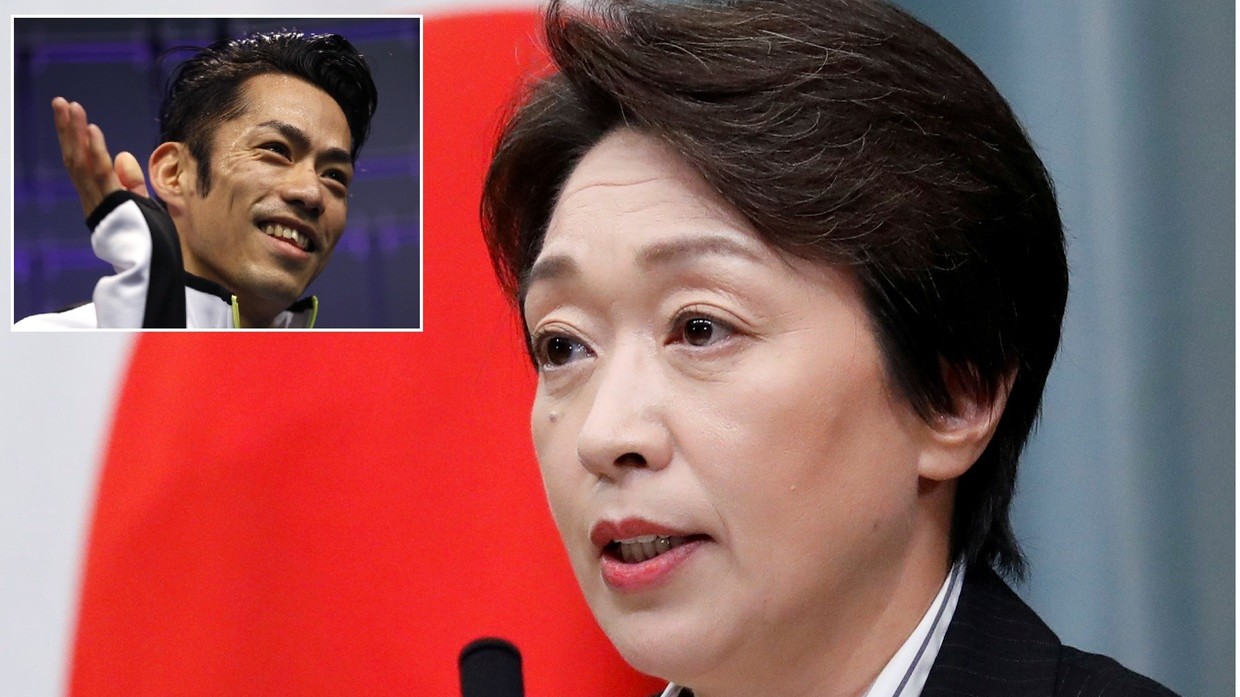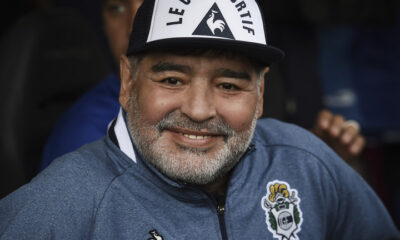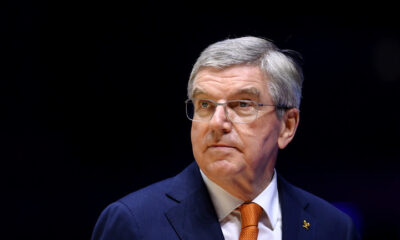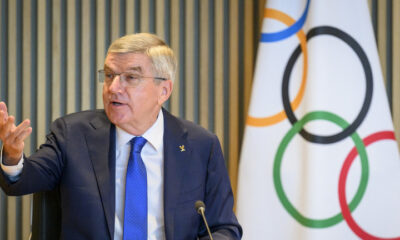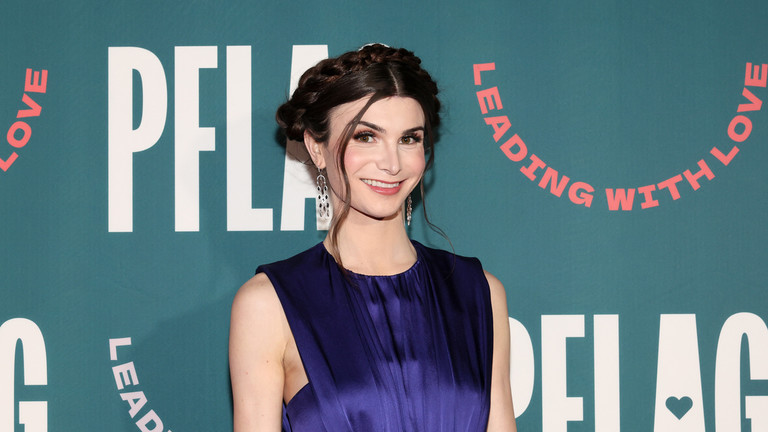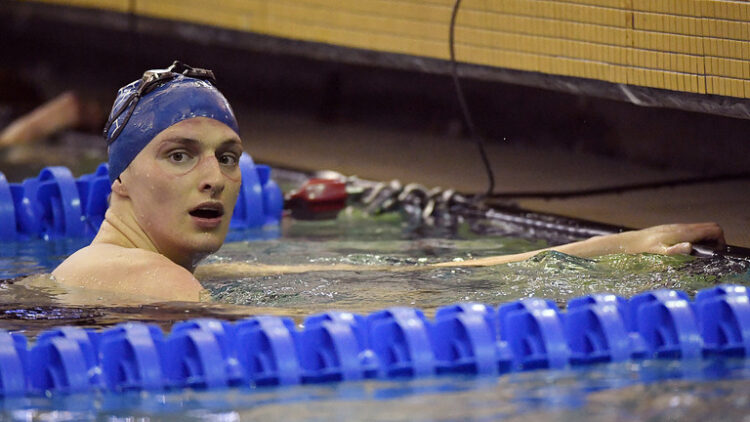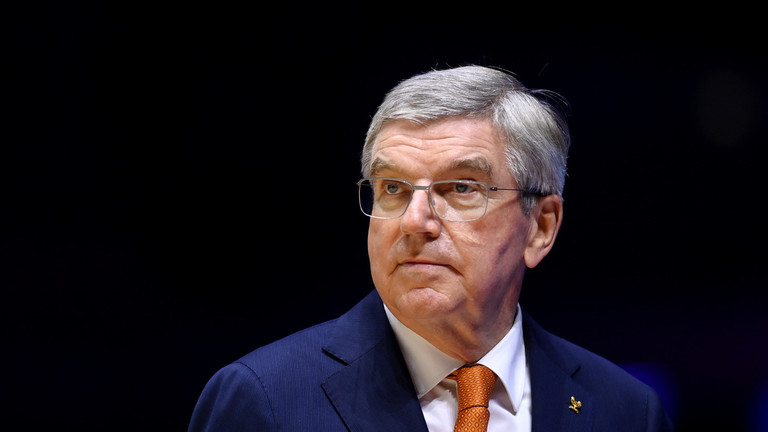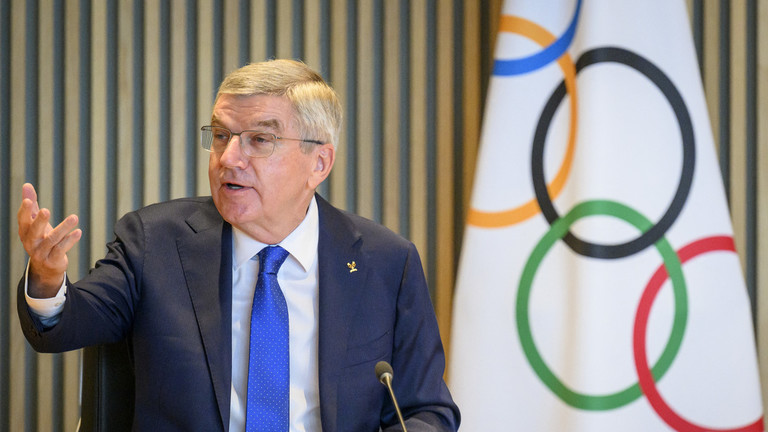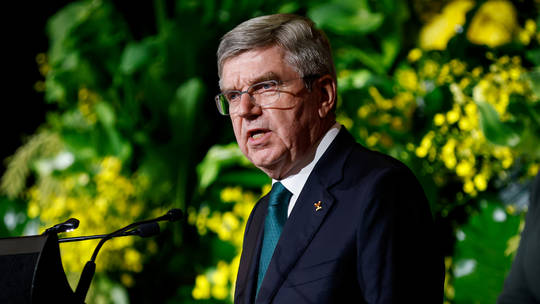Japan’s Seiko Hashimoto has been named the new head of the Tokyo 2020 Olympics after former chief Yoshiro Mori was forced to resign amid a sexism row, but Hashimoto herself has had to contend with past allegations of harassment.
Hashimoto was confirmed as the new head of the Tokyo 2020 organizing committee on Thursday, following the resignation in disgrace of the 83-year-old Mori after he was accused of sexism for claiming women talked too much during meetings.

Tokyo Olympics chief finally resigns amid international outcry over sexist remarks
Hashimoto, 56, is a seven-time former Olympian, having competed as a speed skater and cyclist for her country at the Winter and Summer Games, earning a bronze medal in the women’s 1,500m speed skating in Albertville in 1992.
Already a prominent politician, Hashimoto resigned from her role as Olympic minister to take on the position as Tokyo 2020 organizing chief with five months remaining before the delayed Games get underway in the Japanese capital on July 23.
Some had tipped former Japan Football Association president Saburo Kawabuchi, 84, as potentially stepping into the role, leading to accusations that Mori had hand-picked his successor and that the committee would merely continue under the same male-dominated course.

After Olympic sexism row, Japan’s ruling party tells women they can attend meetings…if they keep quiet
However, while Hashimoto’s appointment was welcomed in many quarters, the athlete-turned-politician has been forced to fend off controversy of her own in the past.
Back in 2014, Hashimoto was accused of sexually harassing popular Japanese figure skating star Daisuke Takahashi during a party at the Winter Olympics in the Russian resort of Sochi.
Images circulated showing Hashimoto hugging and kissing the star, in what some sections of the Japanese press suggested were unwanted advances.
Hashimoto apologized at the time, saying “my behavior was shameful and I am reflecting deeply on that,” but denying allegations of harassment and saying she had merely shown Takahashi the same affections bestowed on other athletes.
Takahashi himself also said he “did not feel he was a victim of power or sexual harassment.”
Hashimoto was forced to address the claims again after her appointment on Thursday, telling a news conference: “Both then and now, I deeply regret my behavior.”

The new Tokyo 2020 chief will have much on her plate as the Games enter their final months of preparations.
Surveys have consistently shown a majority of the population in Japan – said to be around 80 percent – are against going ahead with the Games as planned this summer as fears over Covid-19 linger.
Hashimoto acknowledged “great public concern” over the Games but promised to deliver a “safe and secure” spectacle, vowing: “Now I’m here to return what I owe as an athlete. As I’m taking on such a grave responsibility… I feel I need to brace myself.”
The Games are set to run from July 23 to August 8, before the Paralympics are held between August 24 and September 5.

Sterile, fun-free Tokyo Olympic Games are starting to look distinctly unlike ‘a victory over Covid’

 NEWS5 months ago
NEWS5 months ago
 NEWS5 months ago
NEWS5 months ago
 NEWS5 months ago
NEWS5 months ago
 WAR5 months ago
WAR5 months ago
 FINANCE5 months ago
FINANCE5 months ago
 INVESTMENTS5 months ago
INVESTMENTS5 months ago
 FINANCE5 months ago
FINANCE5 months ago
